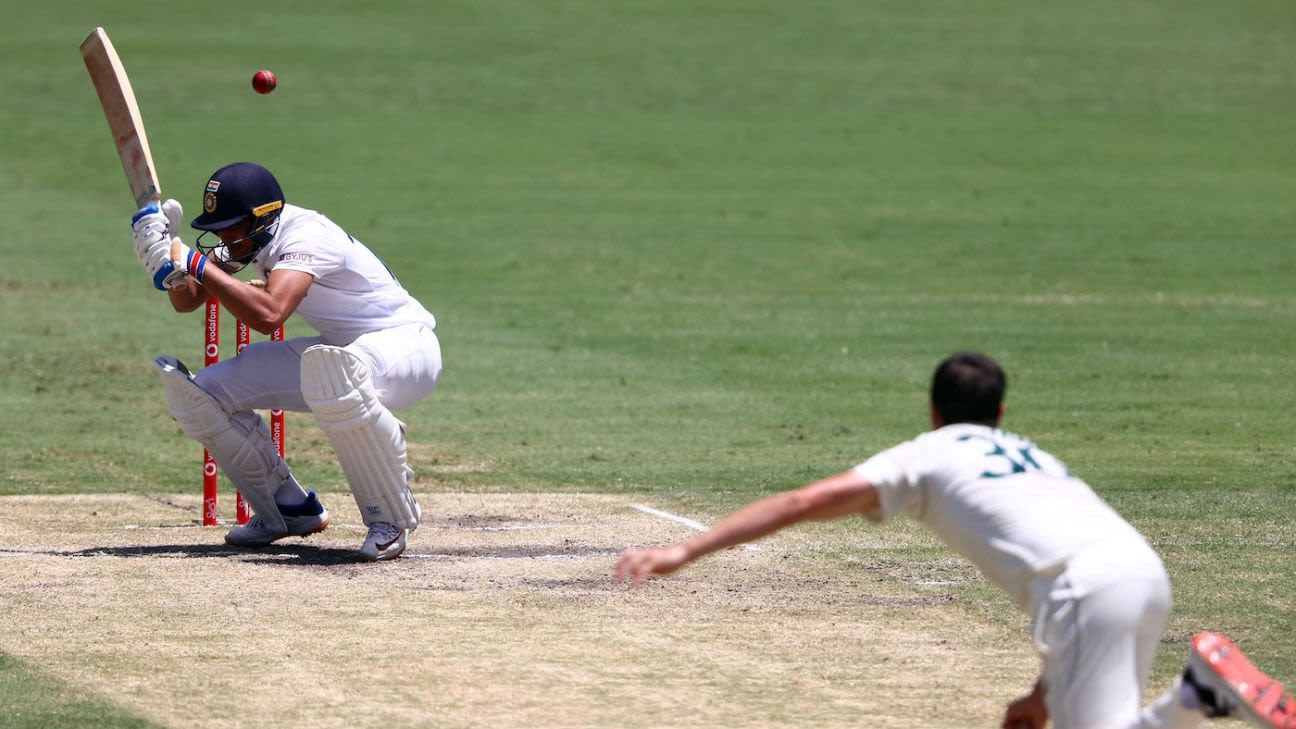In-match Penalty for Slow Over Rates - The ICC Cricket Committee recently considered the ongoing issue with slow over rates which are at historically low levels. The introduction of penalty points for slow over rates in the World Test Championship and Cricket World Cup Super League competitions have both led to a slight improvement in the Test and ODI format. However, over rates in Twenty20 Internationals continue to decline.
The ICC Cricket Committee received encouraging reports on the in-game penalty that was applied in the recent ECB competition The Hundred, where a team that had not started its last over within the permitted time had to bring one extra fielder inside the circle for the remaining overs. This was recommended for use in T20 international cricket by the Cricket Committee to CEC and approved. Consequently, it has been agreed that the in-match penalty in The Hundred should be applied to all men’s and women’s T20 Internationals.
- The new playing condition covers two scenarios as they relate to an uninterrupted match, or a delayed or interrupted match.
- In a normal match with no reduction in overs, the fielding side must be in a position to bowl the first ball of the final over of the innings by the scheduled or re-scheduled time for the innings to have ended. If they are not, one fewer fielder will be permitted outside of the field restriction area for the remaining overs of the innings.
- In a delayed or interrupted match where there has been a reduction of 3 or more overs, the fielding side must be in a position to bowl the first ball of the penultimate over of the innings by the scheduled or rescheduled time for the innings. The rationale is that a reduced overs / interrupted game is generally more likely to be one where there are peripheral matters (beyond those set out in 12.8.3 of the playing conditions) affecting the ability of the fielding side to genuinely progress the game at the required rate. The minimum 3 over leeway is given so that the umpires in such games do not have to contrive additional time allowances and can instead be confident that applying the same principles to such an innings will lead to a fair outcome. This was previously covered in part in clause 12.8.5.1 of the playing conditions (in the case of an innings that has been reduced due to any delay or interruption in play, an additional allowance of 1 minute for every full 3 overs by which the innings is reduced will be granted) which has been deleted as it is now covered in this new clause.
- Refer to clause 13.8.
Interval for Drinks - during the recent men’s T20 World Cup a drinks break was introduced to the playing conditions which was taken at the mid-point of the innings. The drinks break was well received and there is no reason why it should not be available to bi-lateral T20Is. We have therefore agreed to include the provision for a drinks break in bi-lateral T20Is which is
optional, not mandatory. Both of the participating Member Boards must agree to use the drinks break in matches played between their teams prior to the start of the match/series.
- Clause 11 has been updated accordingly.




